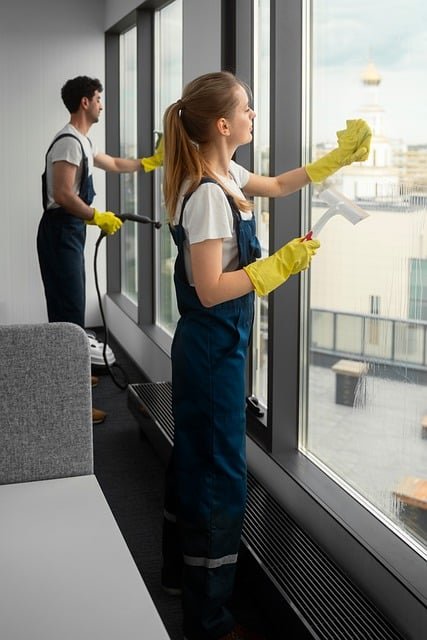Janitor and Cleaning Jobs in Japan: How to Find Work
Japan offers a steady demand for janitor and cleaning roles across schools, offices, hotels, and public spaces. For English-speaking jobseekers, these positions can be an accessible entry point to living and working in Japan while providing stable shifts and opportunities to learn Japanese. This article explains typical duties, how to find cleaning job openings, legal work requirements, and practical tips to evaluate offers so you can make informed decisions about moving or applying.

What does a janitor do in Japan?
Janitor roles in Japan usually cover sweeping, mopping, emptying trash, restroom maintenance, and basic upkeep of facilities. In schools and hospitals, duties may include disinfecting surfaces and restocking supplies. Many employers expect punctuality and attention to detail; tasks are often performed according to strict routines. Evening and early-morning shifts are common to avoid disrupting daytime activities. While the work is physical, it also rewards reliability and consistency, and some employers provide on-the-job training for cleaning protocols.
Where to search for cleaning jobs in Japan?
Cleaning jobs are advertised on local job boards, international recruitment sites, municipal employment centers, and company career pages. English-friendly platforms, community Facebook groups, and local bulletin boards in neighborhoods with foreign residents can help English speakers find openings. Temp agencies that specialize in part-time or shift work also list cleaning positions. Networking within expat communities or contacting hotels, clinics, and schools directly often uncovers unadvertised opportunities. When searching, include terms like janitor, cleaning, and part-time to broaden results.
What qualifications help secure a cleaning job?
Most cleaning and janitor jobs in Japan prioritize reliability and a willingness to follow procedures over formal qualifications. Employers commonly require legal eligibility to work in Japan and a basic level of Japanese for on-site instructions, though some positions accept minimal Japanese for straightforward tasks. Experience is valued but entry-level roles are available with supervised training. Helpful qualifications include attention to hygiene standards, experience with cleaning equipment, and a cooperative attitude. Certifications in hygiene or safety (if available locally) can be a plus, particularly for specialized facilities.
How to legally work in Japan as a cleaner?
To work legally, non-Japanese nationals need an appropriate visa that permits paid employment; tourist visas do not qualify. Common pathways include work visas tied to employment or spouses’ visas that allow part-time work, and the Technical Intern Training Program for certain roles, though its applicability to cleaning varies. Employers often verify eligibility and may assist with documentation. Familiarize yourself with residency and labor rules, including contracts, working hours, and social insurance obligations. Local immigration offices and municipal labor centers provide up-to-date guidance on visa rules and employment rights.
Is the accompanying image representative of janitor and cleaning jobs?
The accompanying image of a professional office worker does not accurately represent janitor or cleaning roles; it may create misleading expectations. Janitor and cleaning work is primarily manual and performed in varied environments like schools, hotels, and public facilities, not typically office desk work. When evaluating job listings, read descriptions carefully and ask employers about daily tasks, shift times, and uniforms. Clarifying these details helps align expectations and ensures applicants know whether a role matches their skills and physical requirements.
Conclusion
Janitor and cleaning jobs in Japan can provide practical entry-level employment with predictable routines and community integration. Success depends on understanding job duties, confirming legal work eligibility, and using a mix of local and English-language resources to find openings. Clear communication with prospective employers about schedules, responsibilities, and contract terms helps prevent misunderstandings—particularly when images or ads might not reflect the actual work involved. With realistic expectations and proper documentation, cleaning roles offer steady work and a way to build experience in Japan.






